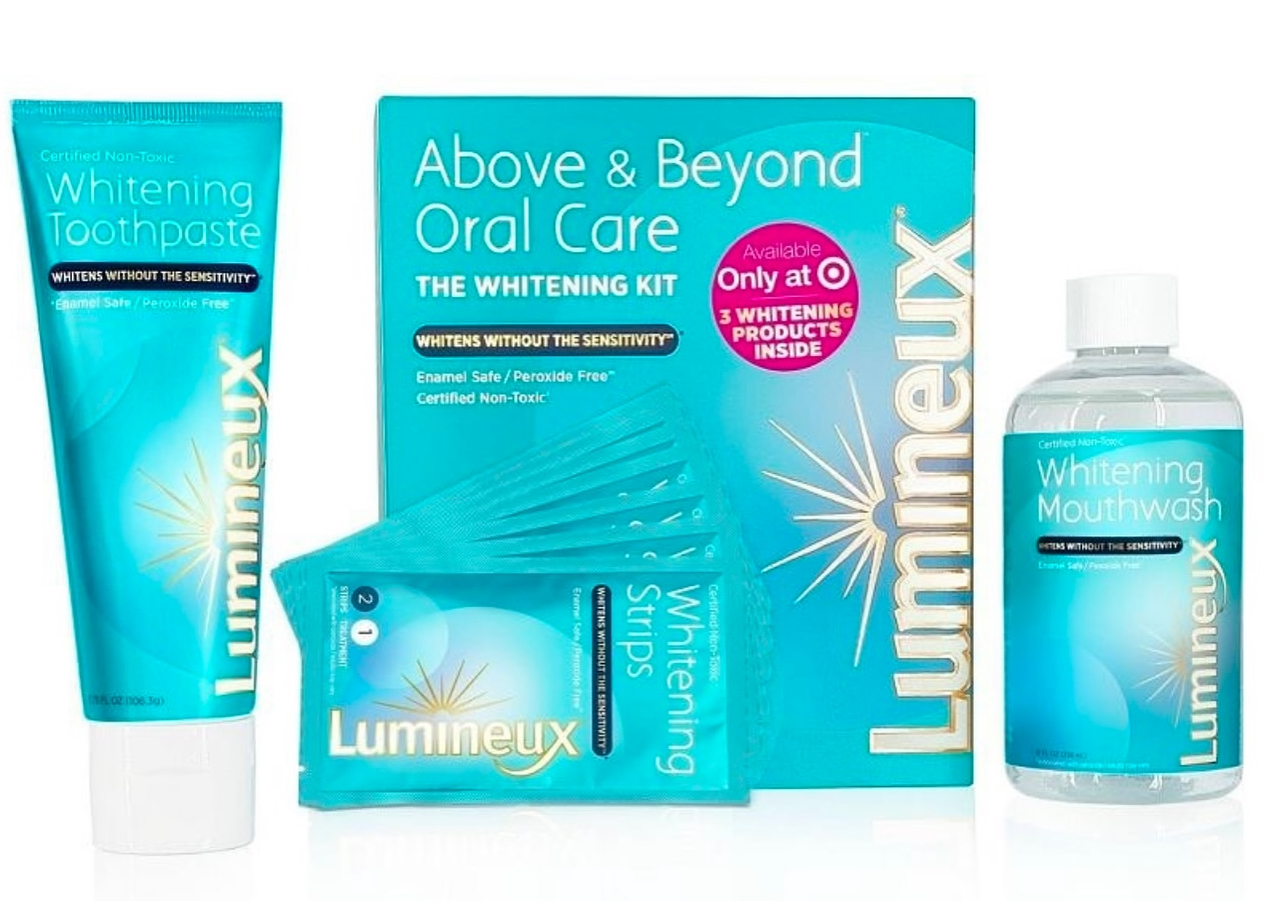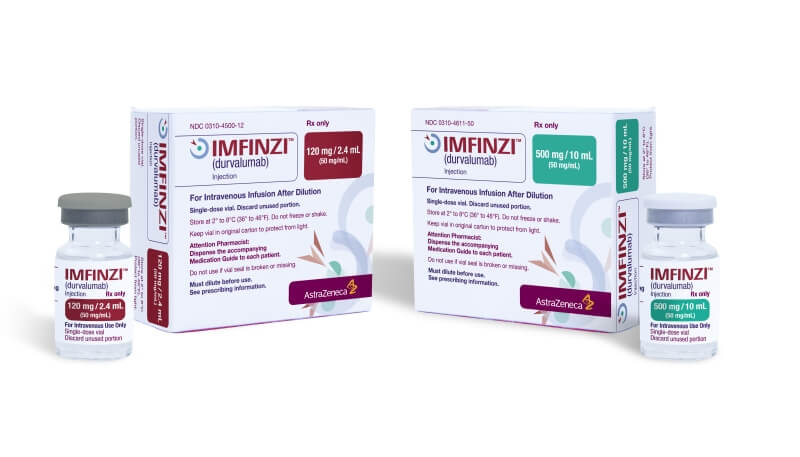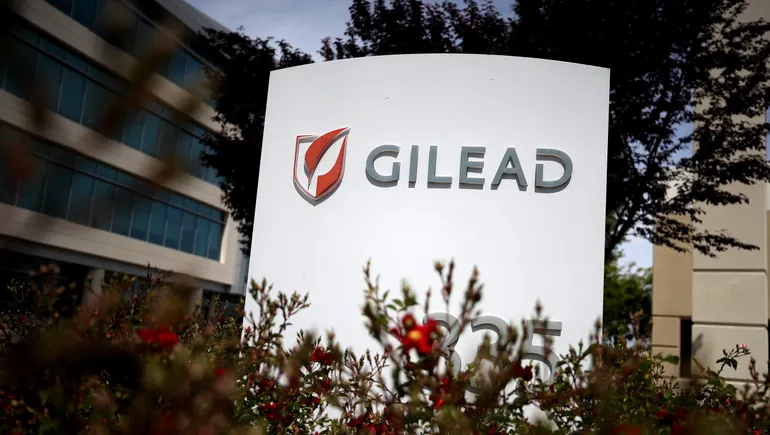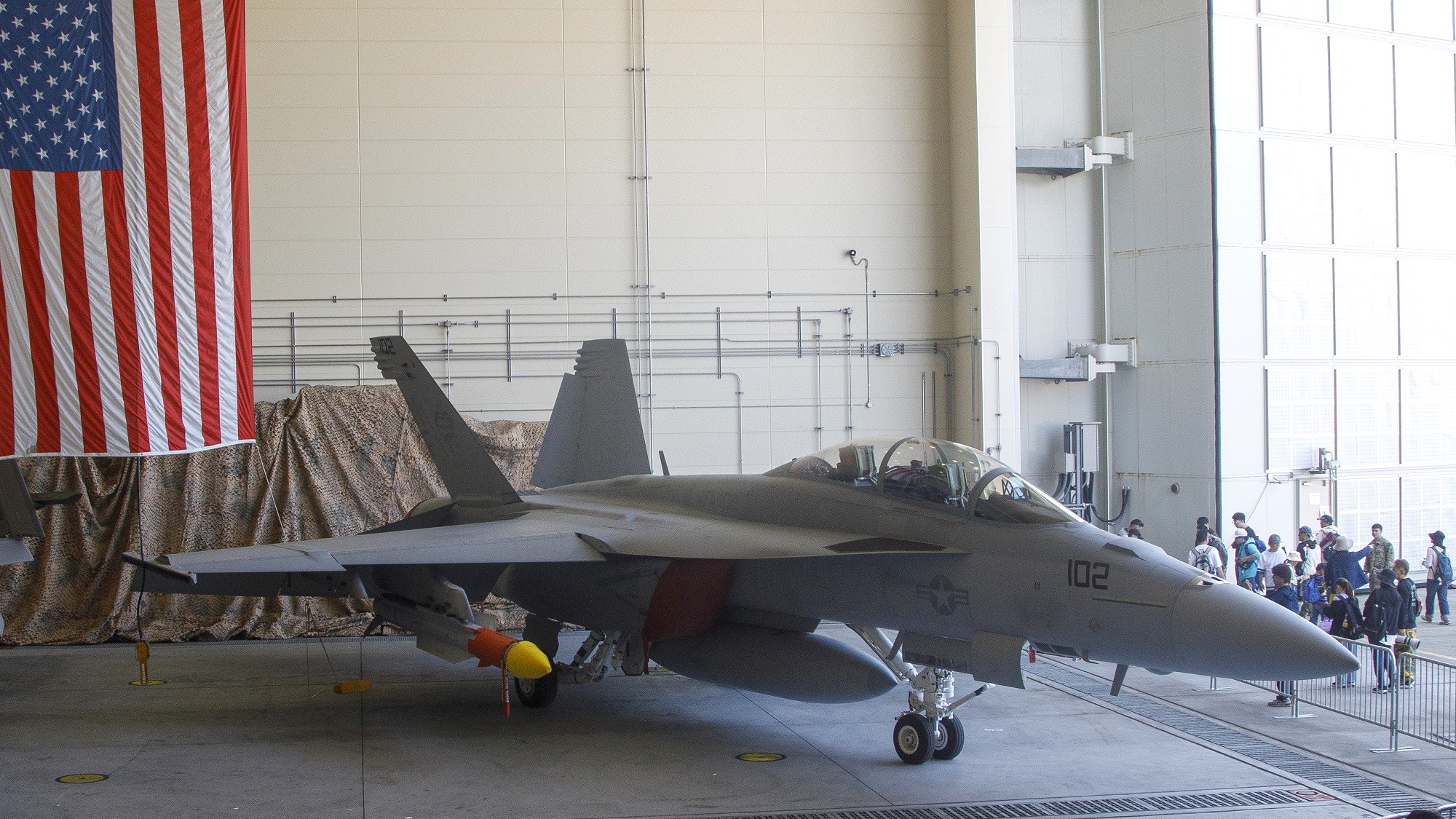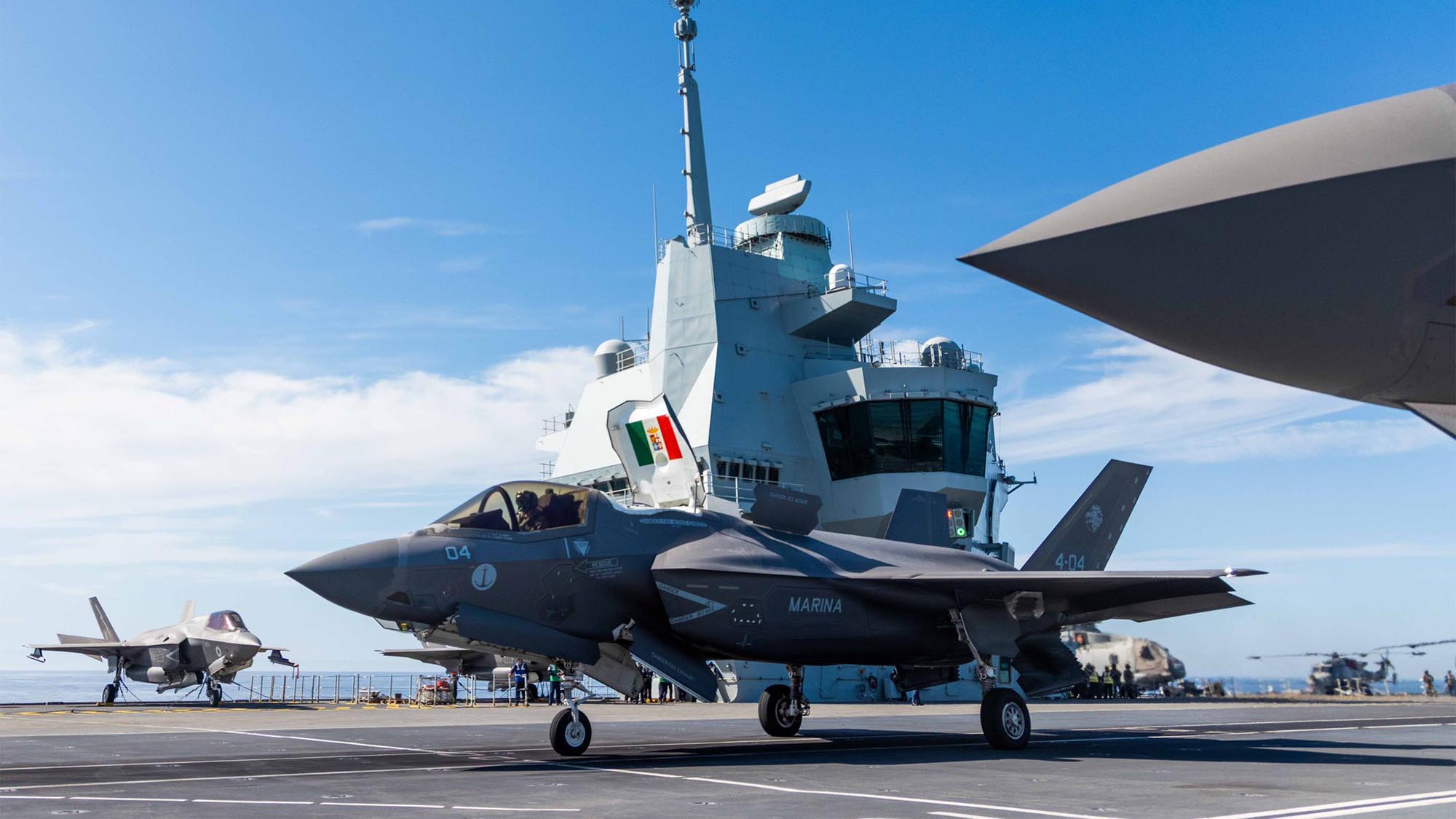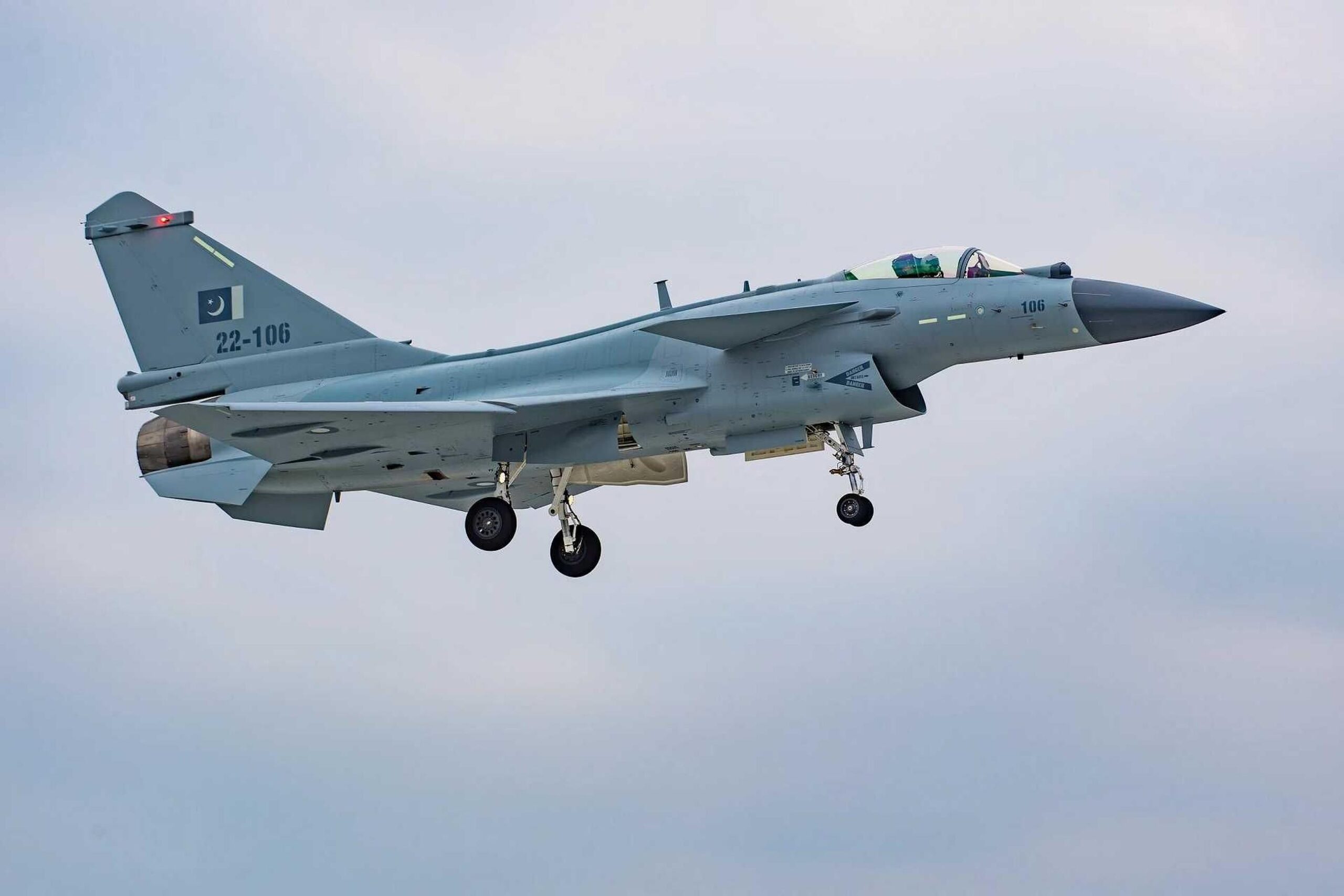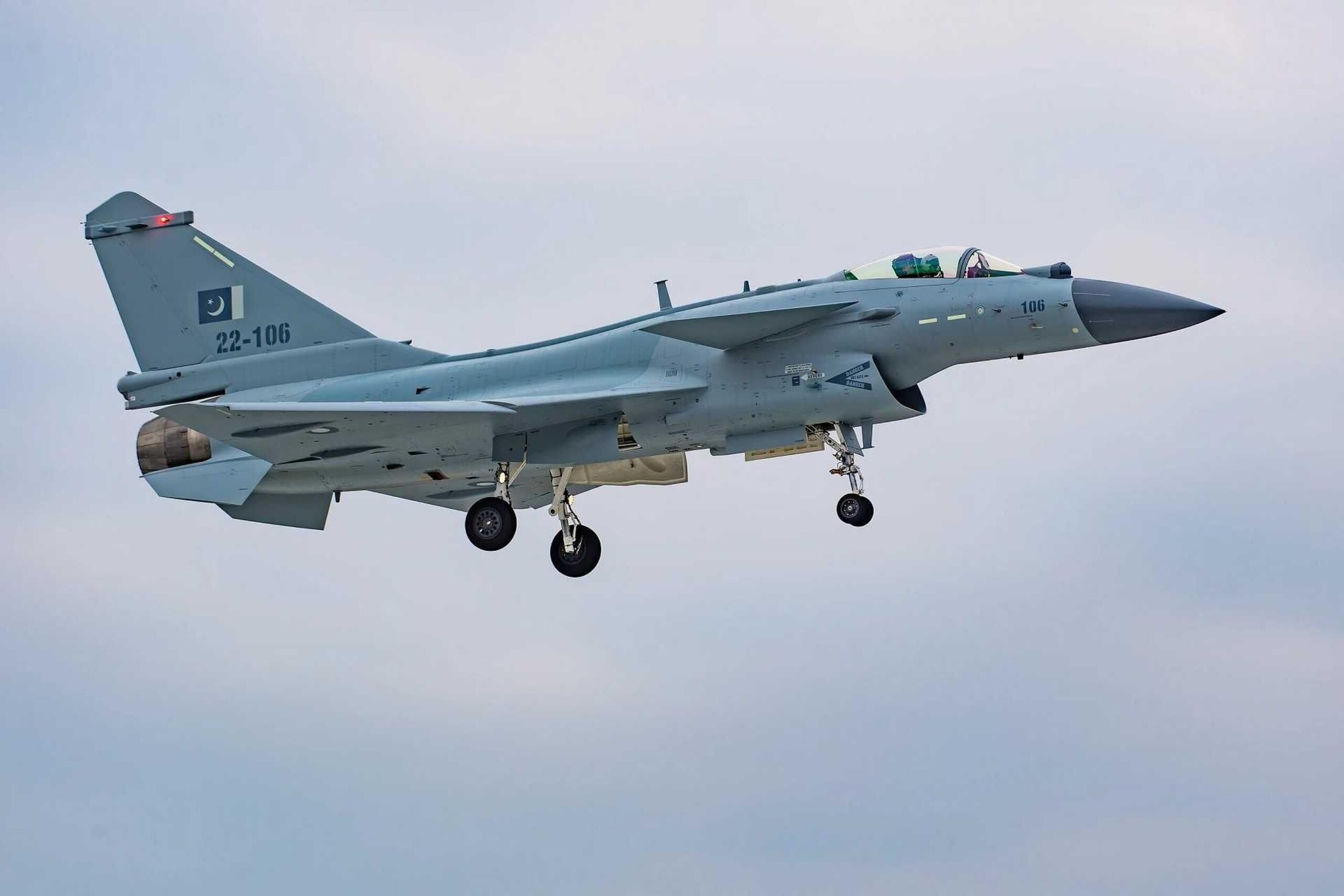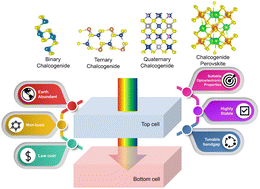After three years of talks, the UK-India free trade deal has finally been signed. So how is the whisky industry reacting, and how will producers in both markets be impacted?
As reported by db on Tuesday (6 May), Mark Kent, chief executive of the Scotch Whisky Association, called the agreement a "once-in-a-generation", "landmark" deal for Scotch producers to gain ground in the biggest whisky market in the world.
Wemyss Family Spirits is an independent UK drinks producer which counts Kingsbarns Distillery near St Andrews, as well as Darnley’s Gin and Wemyss Malts among its brands. William Wemyss, the company's managing director, said that "for years, whisky producers like us have been locked out of meaningful access despite strong demand and growing appreciation for high-quality spirits" as a result of the punitive 150% tariffs.
Now, he said, "the phased reduction of tariffs, from an immediate cut from 150% to 75%, with a target of 40% over the next decade, changes everything".
He said the result of the new free trade agreement would be "fairer footing" to compete in a market which "has been out of reach for so long".
Likewise, Leti Blagoeva, co-founder D'Yavol, which produces a blended malt Scotch whisky, said: "The UK-India FTA is a landmark moment for premium spirits. The reduction in import duties will allow more Indian consumers to experience the craftsmanship of D'Yavol Scotch whiskies.”
Jean-Etienne Gourgues, chairman and CEO of Pernod Ricard's Chivas Brothers, said the agreement was a "welcome boost" particularly during "an uncertain global economic environment".
He said the deal would be a "game changer" for exports of Scotch whisky and will support long term investment and jobs in distilleries and bottling plants in Scotland.
The Indian industry has previously raised concerns about the impact on local production; these being minimum import pricing (MIP) to prevent dumping or predatory pricing, and the removal of non-tariff barriers to help boost Indian export opportunities.
It is as yet unknown whether these concerns have been addressed in the deal. In March 2023, when the deal was still under negotiation,
db reported on perspectives from both Scotch and Indian whisky distillers.
At the time, Paul P. John, chairman of Indian single malt and single cask whisky producer Paul John, was concerned with how lower-end Scotch whiskies could affect domestic sales. John believed that the free-trade deal’s projected tariff reduction “would not augur well" for the Indian whisky industry. “If the duty cut impacts lower-end Scotches favourably, this would release the floodgates of low-value Scotch in India, which would affect the Indian alcoholic-beverage industry severely,” he said.
The deal could favour Scotch producers that can easily capitalise on the booming Asian market, carving out a space that is occupied by Indian-made spirits. “The positive impact on Indian whisky products may be much lower than on Scotch imports into India,” John explained.
However, not all Indian whisky producers were concerned ahead of the deal being signed. Speaking to
db in 2023, Sanjeev Banga, president of international business at Radico Khaitan, India’s fourth-largest liquor company, said he was looking forward to a forthcoming deal.
“India is now producing world class single malts, and the availability of locally produced and matured malt is on the rise. This has substantially improved the quality of Indian whiskies, and they are now competing with the best in the world,” he said.
With the deal we could also see the removal of non-tariff barriers in the UK on Indian whisky, which Banga said "will go a long way in increasing exports from India".
It remains to be seen what the benefits will be to Indian distillers looking to gain market share in the UK. However, when it comes to fears of dumping or predatory pricing of Scotch in the Indian market, analytics firm IWSR has said this is unlikely to be a major threat.
Jason Holway, senior research consultant at
IWSR, said that initial analysis suggests an outbreak of predatory pricing or dumping, which would demand a response from the Indian Customs authorities, is unlikely, particularly when most players, domestic and imported alike, are premiumising portfolios so as to maximise margins.
Holway argued that "while a price war can’t be ruled out just yet", it seems counterintuitive for Scotch exporters to emphasise value over premiumisation, focusing on short-term low margin gains rather than longer term benefits.



















































